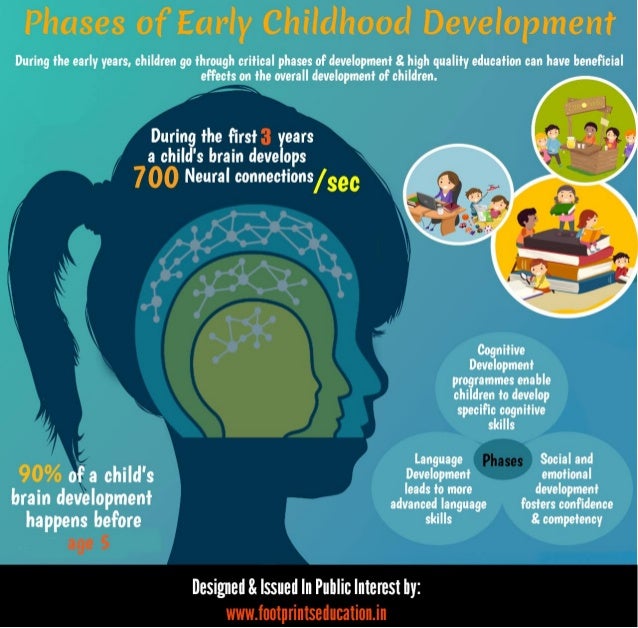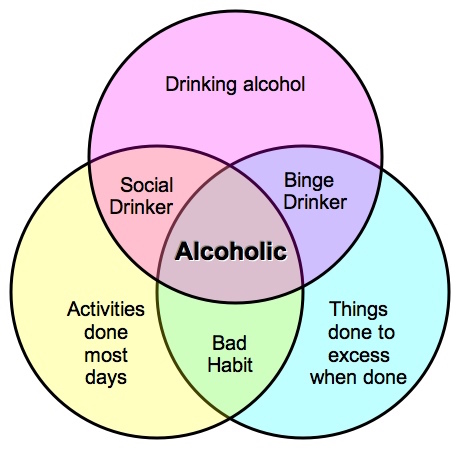How religion affects child development
How Does Religion Impact Child Development?
A new study suggests that growing up in a religious household can be a mixed blessing for childhood development. The findings, published in the journal Religions, show that children raised in religious families tend to have enhanced social and psychological skills but may perform less well academically, compared to their non-religious peers.
For the study, researchers from The University of Texas at San Antonio (UTSA) analyzed data from the Early Childhood Longitudinal Study (ECLS)-Kindergarten Cohort. They looked at the effects of parents’ religious attendance and how the religious environment in the household (frequency of parent-child religious discussions and spousal conflicts over religion) influenced a nationally representative sample of third-graders.
They also reviewed the children’s psychological adjustment, interpersonal skills, problem behaviors, and performance on standardized tests in reading, math, and science.
The findings show that third-graders’ psychological adjustment and social competence were positively associated with various religious factors. However, students’ performance on reading, math, and science tests were negatively tied to several forms of parental religiosity.
The results suggest that parental religiosity can be a mixed blessing that produces significant gains in social psychological development among third-graders while potentially undermining academic performance, particularly in math and science.
“Religion emphasizes moral codes designed to instill values such as self-control and social competence,” said Dr. John Bartkowski, professor of sociology at UTSA.
“Religious groups’ prioritization of these soft skills may come at the expense of academic performance, which is generally diminished for youngsters raised in religious homes when compared with their non-religious peers.”
The new findings add to the 2008 study conducted by Bartkowski and colleagues, which was the first to use national data to look at the impact religion has on child development.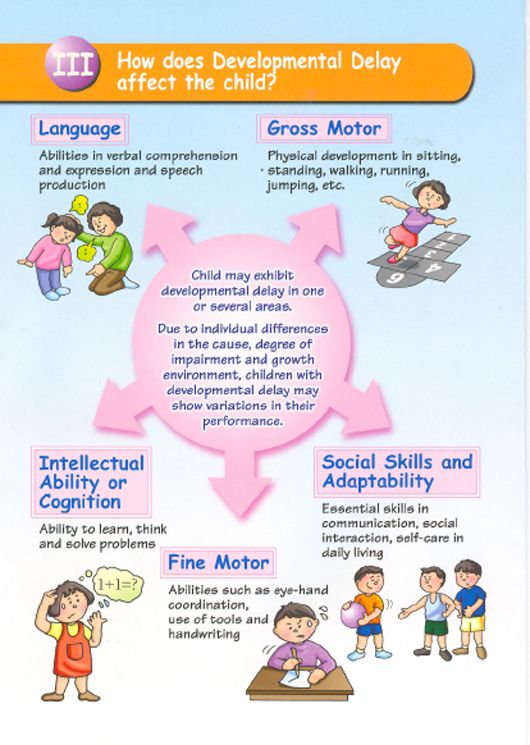 That study found that religion was linked to enhanced psychological adjustment and social competence among primary school-age children (kindergartners).
That study found that religion was linked to enhanced psychological adjustment and social competence among primary school-age children (kindergartners).
The study also found that religious solidarity among parents and communication between parent and child were linked to positive development characteristics while religious conflict among spouses was connected to negative outcomes.
Bartkowski said there are many ways to pursue well-rounded development, and religion is only one avenue.
“If it takes a village to raise a child, religion occupies an important place in that village. But it certainly doesn’t have a corner on fostering positive developmental trajectories for children. In fact, religion may be best paired with other community resources such as academically oriented school clubs and activities,” he said.
Bartkowski also noted an important limitation in the new study.
“Some religious groups may more effectively balance soft skill development and academic excellence than others,” he said.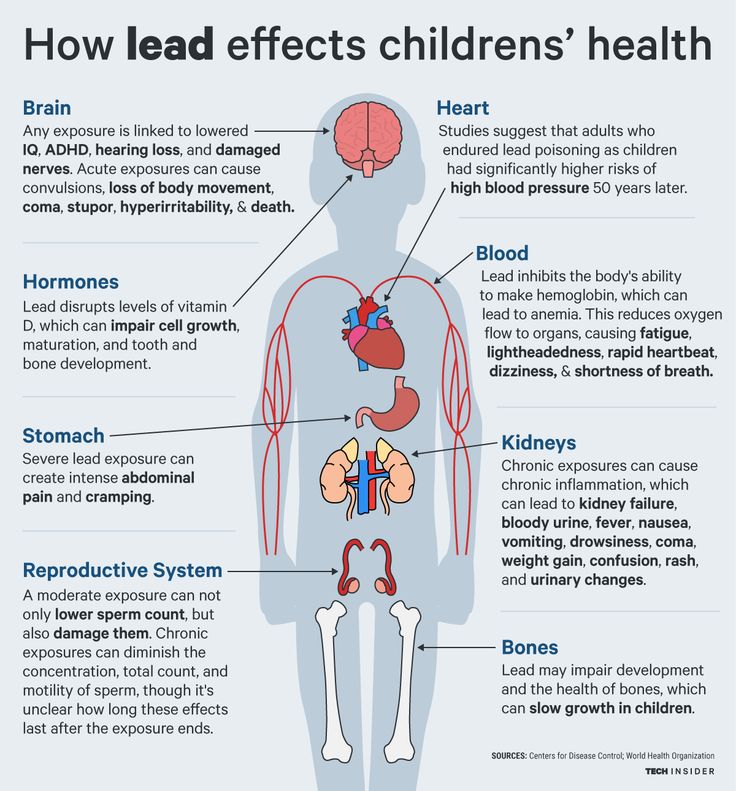
“Regrettably, our data set does not inquire about denominational affiliation, so we cannot say if children from Catholic, Protestant, Mormon, Muslim or other denominational backgrounds are especially likely to strike the delicate balance between social psychological development and academic excellence.”
A major takeaway from the study is that religion can be an important influence, generally for good and sometimes for ill, as children navigate their way through the grade school years, said Bartkowski.
Source: University of Texas at San Antonio
Sociologists study the impact religion has on child development -- ScienceDaily
Do children raised by religious parents have better social and psychological development than those raised in non-religious homes? In a new study, researchers found that religion can be a mixed blessing for children as they get older.
John Bartkowski, professor of sociology at The University of Texas at San Antonio (UTSA), Xiaohe Xu, professor of sociology at UTSA and chair of the Department of Sociology, and Stephen Bartkowski, from the Office of Institutional Research and Effectiveness Services at the Alamo Colleges District, recently published an article called, "Mixed Blessing: The Beneficial and Detrimental Effects of Religion on Child Development among Third-Graders" in the journal Religions.
The team analyzed data from the Early Childhood Longitudinal Study (ECLS)-Kindergarten Cohort to complete the study. They examined the effects of parents' religious attendance and how the religious environment in the household (frequency of parent-child religious discussions and spousal conflicts over religion) influenced a nationally representative sample of third-graders. They reviewed the children's psychological adjustment, interpersonal skills, problem behaviors, and performance on standardized tests (reading, math, and science).
They found that third-graders' psychological adjustment and social competence were positively correlated with various religious factors. However, students' performance on reading, math, and science tests were negatively associated with several forms of parental religiosity.
The findings suggest that parental religiosity is a mixed blessing that produces significant gains in social psychological development among third-graders while potentially undermining academic performance, particularly in math and science.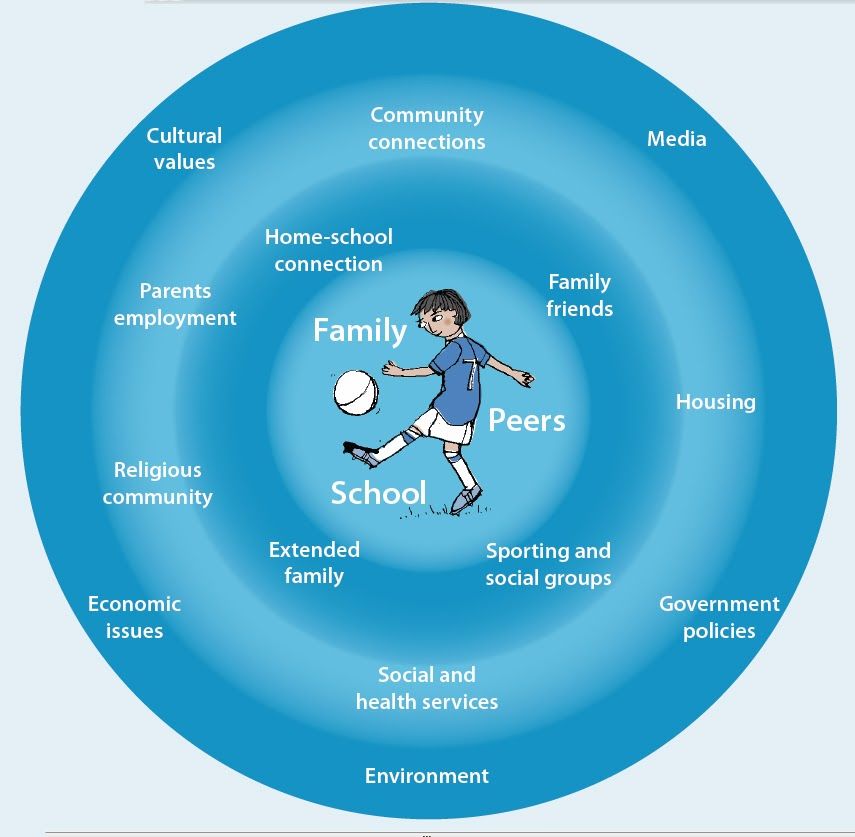
"Religion emphasizes moral codes designed to instill values such as self-control and social competence," said Bartkowski. "Religious groups' prioritization of these soft skills may come at the expense of academic performance, which is generally diminished for youngsters raised in religious homes when compared with their non-religious peers."
This research builds upon a previous study conducted by Bartkowski and colleagues. Published in 2008, that study was the earliest to use national data to analyze the impact religion has on child development. That study found that religion was associated with enhanced psychological adjustment and social competence among primary school-age children (kindergartners). Bartkowski also discovered that religious solidarity among couples and communication between parent and child were linked to positive development characteristics while religious conflict among spouses was connected to negative outcomes.
Bartkowski said there are many ways to pursue well-rounded development, and religion is only one avenue.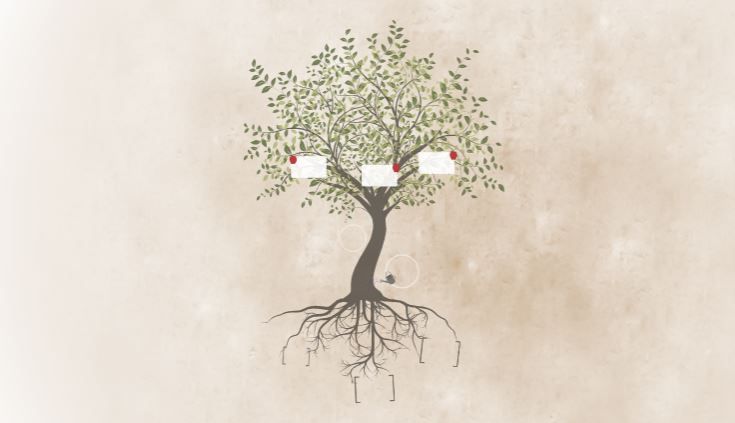 "If it takes a village to raise a child, religion occupies an important place in that village. But it certainly doesn't have a corner on fostering positive developmental trajectories for children. In fact, religion may be best paired with other community resources such as academically oriented school clubs and activities," he concluded.
"If it takes a village to raise a child, religion occupies an important place in that village. But it certainly doesn't have a corner on fostering positive developmental trajectories for children. In fact, religion may be best paired with other community resources such as academically oriented school clubs and activities," he concluded.
Bartkowski also highlighted one notable limitation in their recently published study. "Some religious groups may more effectively balance soft skill development and academic excellence than others. Regrettably, our data set does not inquire about denominational affiliation, so we cannot say if children from Catholic, Protestant, Mormon, Muslim or other denominational backgrounds are especially likely to strike the delicate balance between social psychological development and academic excellence," Bartkowski explained.
He said further research is needed to determine if some religious groups are better at balancing interpersonal skill development and academic capability.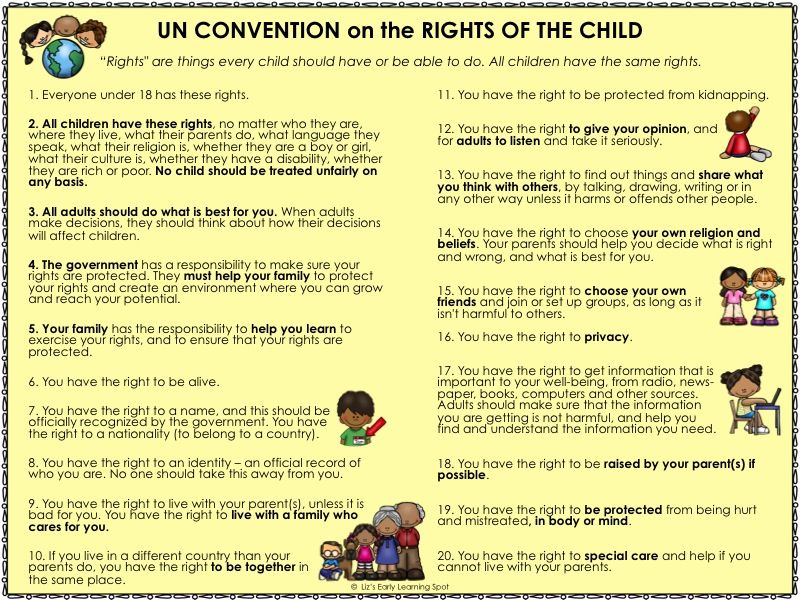
Bartkowski said a major takeaway from this new study is that religion is an important influence, generally for good and sometimes for ill, as children navigate their way through the grade school years.
How religiosity affects a person's behavior and mood
Why faith makes people spend money, how a magnet can change a person's degree of religiosity, and what is common between religion and nature - these and other questions are answered by the science department of Gazeta.Ru.
Fear of God's punishment is the engine of progress
Belief in moralistic, punitive gods interested in human affairs may have facilitated the spread and development of human societies, study authors say, published by in the latest issue of Nature. In this study, the researchers test the hypothesis that
belief in an all-seeing and punishing god promotes cooperation, trust, and justice among people from regions geographically distant from other adherents of the same religion, thus contributing to the social expansion of the group.
“From the point of view of Islam, evolution takes place”
How is Islam combined with the theory of evolution of living organisms, do Iranian women go to science and as a state...
November 24 14:18
Benjamin Grant Perziki and colleagues interviewed 591 people from eight regions of the world—Brazil, Mauritius, the Russian Republic of Tuva, Tanzania, and the South Pacific Islands. Interviewees were adherents of world religions such as Christianity, Buddhism, and Hinduism, as well as adherents of a variety of local religions and traditions, including ancestral beliefs and animism. The authors studied the behavior of participants during the "economic game".
Each participant was given 30 coins, a three-colored cube, and two bowls. Participants were required to guess a color, choose a bowl where they want to put the die, and then roll the die. If the color that fell out coincided with the intended one, then the person had to put some of the coins in a pre-selected bowl, if it did not match, then in another.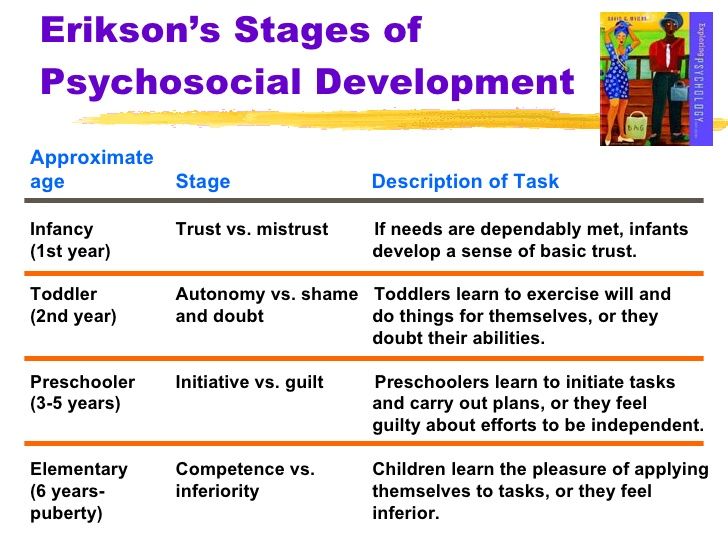 In one series of experiments, one bowl belonged to the player himself, and the second belonged to a fellow believer living in the same region as the test subject. In the second series of experiments, the first bowl belonged either to a fellow believer living in the neighborhood, or a fellow believer from another region of the globe. In addition, the subjects were interviewed in detail and asked questions related to their attitude towards their gods, and the assessments of the qualities of the gods were measured and averaged, such as, for example, morality, moralizing, mercy, and cruelty.
In one series of experiments, one bowl belonged to the player himself, and the second belonged to a fellow believer living in the same region as the test subject. In the second series of experiments, the first bowl belonged either to a fellow believer living in the neighborhood, or a fellow believer from another region of the globe. In addition, the subjects were interviewed in detail and asked questions related to their attitude towards their gods, and the assessments of the qualities of the gods were measured and averaged, such as, for example, morality, moralizing, mercy, and cruelty.
The participants in the game did not voice their decisions about the hidden color and bowl, which means that the decision on where to put the coins was completely on their conscience. Nevertheless, if all players acted honestly, then the final alignment would fit into the picture of statistical probability. Meanwhile, this did not happen.
The scientists found out:
the more a person was inclined to characterize his god as "all-seeing" and "punishing", the more money he was ready to donate to strangers of the same religion.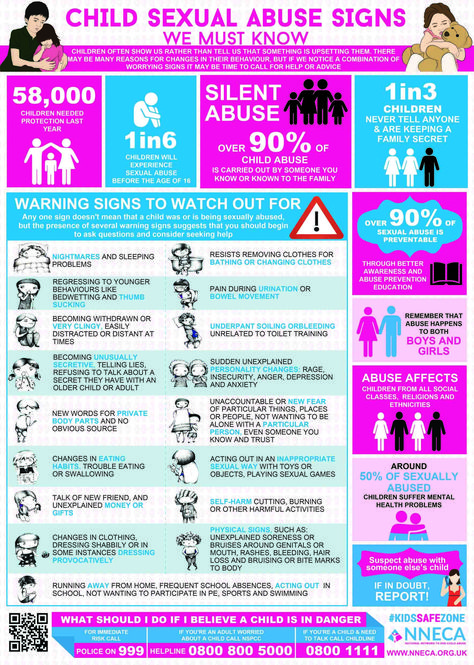
What could be the Star of Bethlehem
As the Star of Bethlehem, which pointed the magi to the birthplace of the baby Jesus, scientists consider ...
January 07 17:53
The results also showed that people do this not because they want a divine reward, but because they believe in supernatural punishment.
According to the experimenters, this study clearly shows that people's belief in supernatural punishment contributed to increased cooperation in societies and their further productive development.
Magnets against religion
However, as another study shows, religiosity is associated not only with a sense of cooperation and cooperation, and, moreover, is not a "fixed value." Recently, a study was published in the journal Social Cognitive and Affective Neuroscience on the relationship of religiosity with everyday nationalism and the brain's response to threat. The researchers argue that with the help of magnetic stimulation of the brain area responsible for finding and making decisions, it is possible to change a person's attitude towards migrants and religion.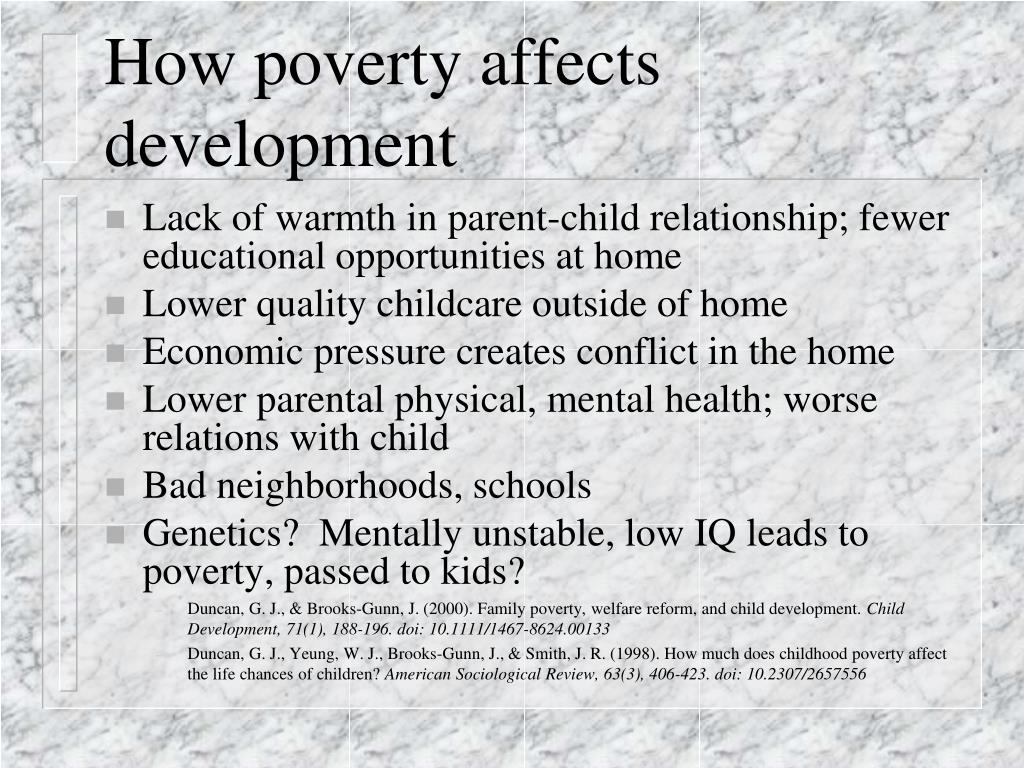
In this study, people filled out tests that determined the degree of their religiosity and attitude towards visitors. Next, the subjects' brains were affected by short magnetic pulses. After that, the participants again had to express their opinion about religion and migrants, and before that, people were asked to think about death (according to psychologists, such thoughts increase the degree of religiosity) and look at texts written by migrants expressing their negative or positive attitude towards the new place of residence.
Despite external incentives,
results showed a decrease in religiosity by 32.8% and an improvement in attitudes towards immigrants by 28.5%.
“Carefully avoid any insult to the feelings of believers”
95 years ago, an atheistic campaign was launched in the USSR to destroy the relics of Orthodox saints. How is it...
July 30 16:27
According to the researchers, this reaction is explained by the fact that both religiosity and a negative attitude towards migrants are the brain's response to a challenge - a threat.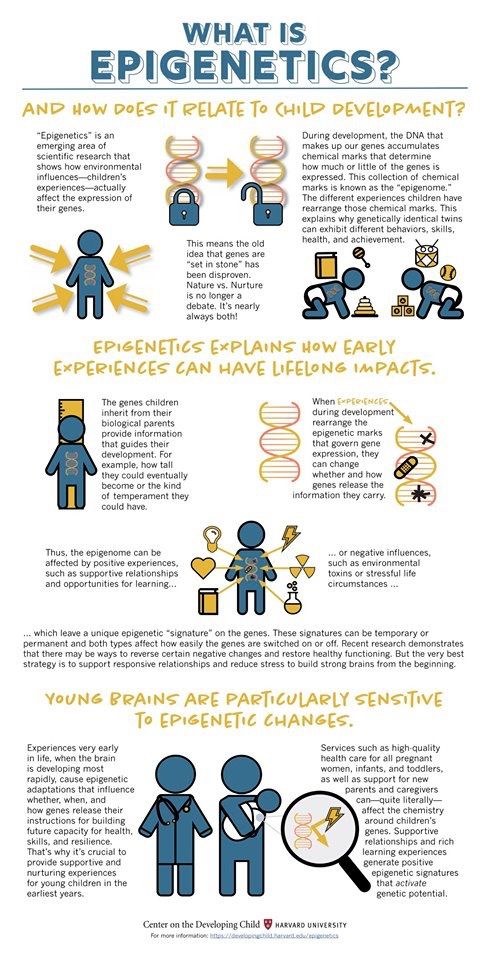 In the situation with religion, the threat is the fear of death; in the situation with migrants, it is the fear of representatives of another culture.
In the situation with religion, the threat is the fear of death; in the situation with migrants, it is the fear of representatives of another culture.
A beautiful landscape distracts from the church
It is possible to reduce the degree of a person's religiosity not only with the help of magnetic impulses, there are also more pleasant ways for this. So, psychologists have found that the living environment directly affects the degree of religiosity of a person: the better the climate and the more beautiful the environment, the less often people turn to God and attend church. An article about this unusual study was recently published in the Sociology of Religion .
It turned out that
people living in regions with beautiful nature and good climatic conditions are much less likely than others to identify themselves with one or another confession.
Psychologists naturally explain this by the fact that pleasant landscapes and good weather contribute to the emotional stability of people and have a beneficial effect on the psyche, that is, they do what a huge number of people are looking for precisely in religion and faith in higher powers.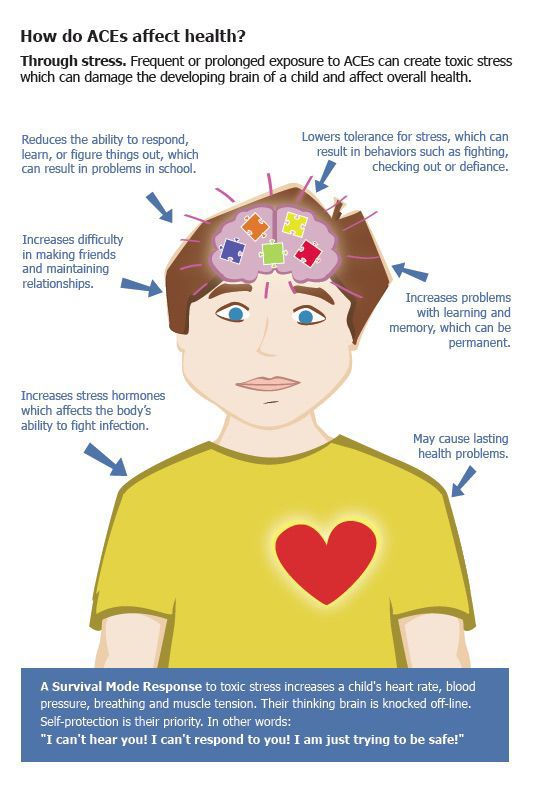
God against stress
However, it cannot be argued that nature has a monopoly on the market of means to maintain a good mood, and faith does not have a positive effect on a person's emotional state. According to a new study by the American Psychological Association, published in the journal Psychological Science, thinking about God can make believers less frustrated and reduce everyday stress, as well as day-to-day viewing of beautiful scenery.
Americans prefer religion
Americans believe in scientific progress, but when it comes to the Big Bang and evolution, they prefer...
02 February 15:24
Experimental studies have shown that when people think about religion and God, their brain works differently, and this makes it easier for a person to respond to failure. First, the participants in the study were asked to write down their reflections on the topic of religion, and then they were asked to complete a very difficult test: the level of tasks was so high that mistakes were made by all the subjects without exception.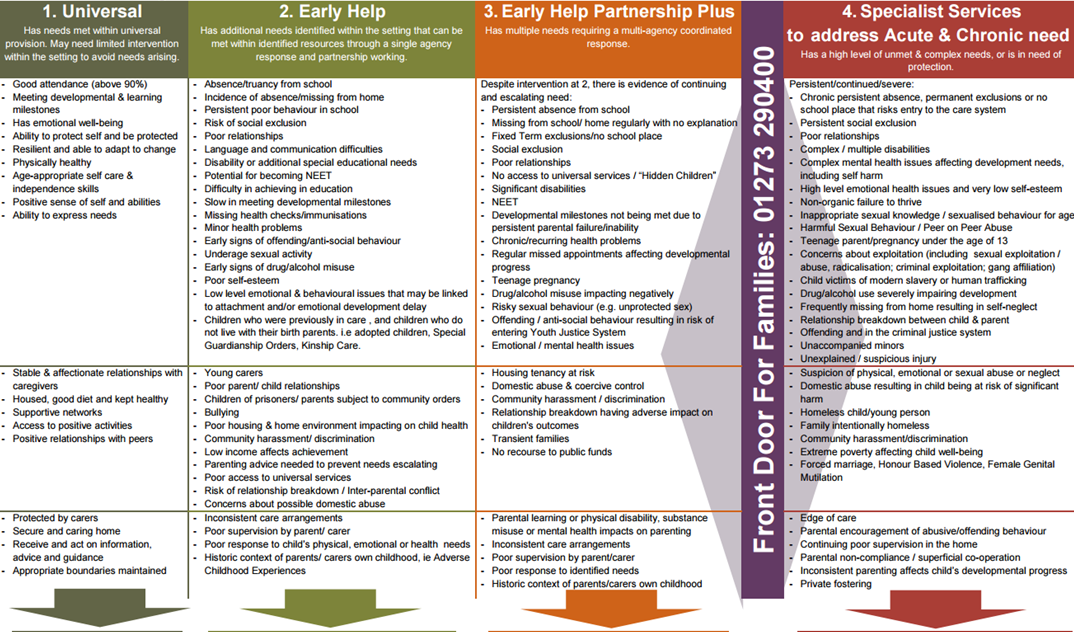 The results showed that believers who thought about religion and God before completing the task had decreased brain activity in areas of the anterior cingulate cortex (ACC), which is responsible, among other things, for behavior and readiness for unforeseen situations and mistakes.
The results showed that believers who thought about religion and God before completing the task had decreased brain activity in areas of the anterior cingulate cortex (ACC), which is responsible, among other things, for behavior and readiness for unforeseen situations and mistakes.
As a result, they were not very worried and nervous about the mistakes they made.
Atheists reacted differently: if they were previously given tasks related to God and religion, then activity in the area of ACC increased. Researchers suggest that for believers, any life changes can be natural and explainable by faith and religion, so their stressful emotions from failures are much less. On the contrary, for atheists, thoughts about God can conflict with their perception of the world and life ideas, which leads to more nervousness and anxiety when they make mistakes.
Researchers believe that these results may help to understand other interesting, but rather controversial data about religious people.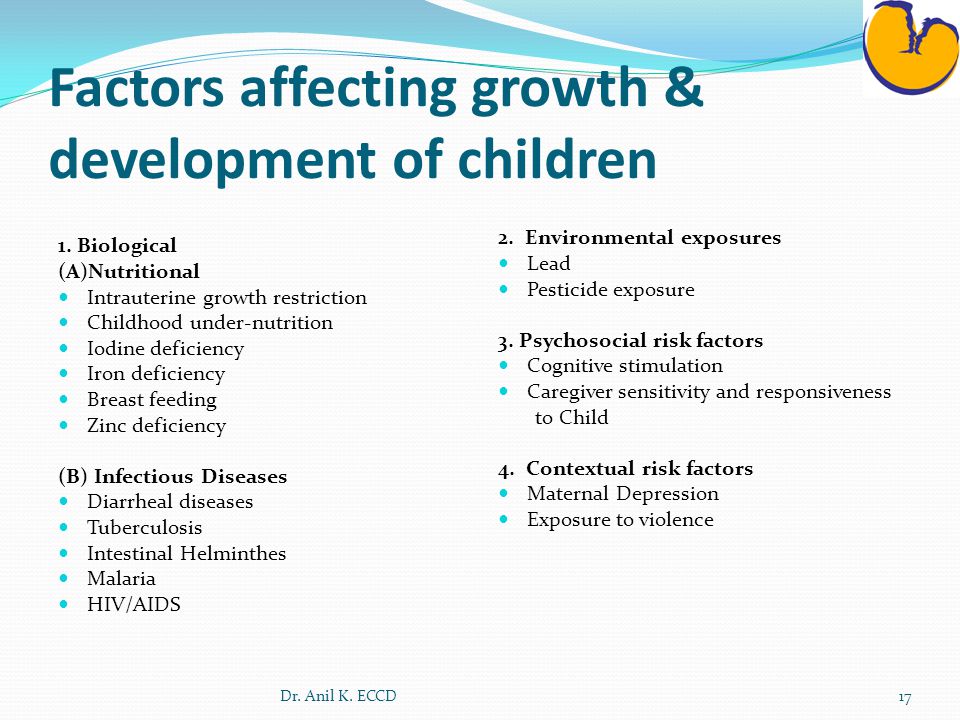 For example, there is some evidence that believers live longer, are happier and healthier. Scientists, however, urge atheists not to despair, believing that such patterns can be associated precisely with a system that helps to understand the structure of life and one's own world. Perhaps atheists would have been just as effective in dealing with stressful situations if they had first thought about their own beliefs and beliefs.
For example, there is some evidence that believers live longer, are happier and healthier. Scientists, however, urge atheists not to despair, believing that such patterns can be associated precisely with a system that helps to understand the structure of life and one's own world. Perhaps atheists would have been just as effective in dealing with stressful situations if they had first thought about their own beliefs and beliefs.
18. Influence of religion on personality development | "Education of Yamal"
Scherbich Ekaterina Viktorovna, State Budgetary Institution of Yamal-Nenets Autonomous Okrug "Elena Center in Gubkinsky Municipal District"
Traditions and innovation in the formation of moral habits in the process of collective creative work
Report on the topic: " The Influence of Religion on Personal Development”
Introduction
Patriotism does not mean only one love for one's homeland.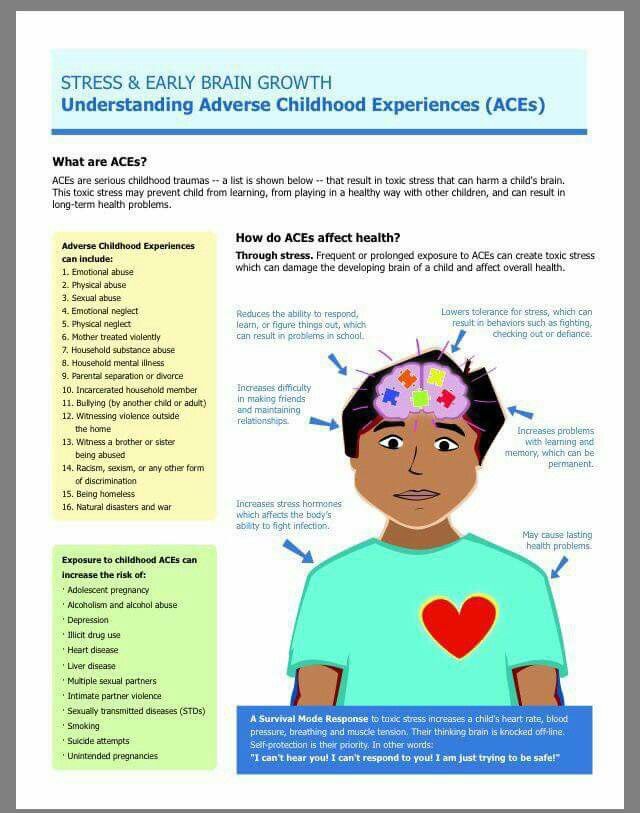 It is much more... It is the consciousness of one's inalienability from the motherland and the inalienable experience with her of her happy and unhappy days.
It is much more... It is the consciousness of one's inalienability from the motherland and the inalienable experience with her of her happy and unhappy days.
Tolstoy A. N.
In our modern world, the formation of religious views, spirituality and moral principles of the individual is impossible without patriotic education and the heroic past of the Russian people, which allows you to fully understand the present and see the prospects for development in the future. Only on the basis of historical memory, inspiring feelings of patriotism and national shrines, love for the Fatherland is strengthened, responsibility arises for its power, majesty, honor and independence, the dignity of the individual develops, while preserving material, religious and spiritual values. In other words, spiritual, moral and patriotic education is is equally important for the formation of the individual, has a certain influence on the type of its social activity, attitude to various domestic and official situations.![]()
The importance of the topic is due to the fact that in our difficult time, the spiritual and moral education of the younger generation wants to leave the best, not to mention the patriotic one. Moral and patriotic are the words that, unfortunately, you hear less often now. Lack of spiritual development led to moral devastation. The words have disappeared: goodness as a source of joy, peace and harmony in the soul, mercy as mercy in the heart; grace, which is caused by good deeds and love for loved ones, and there are many such words.
The structure of education
In the process of educating a whole personality, one needs to know not only the essence and content, but also those internal foundations of spiritual and moral Orthodoxy and patriotic components, which in their totality act as carriers of the development of a full-fledged strong personality. It must be remembered that the process of becoming a person begins at birth and continues throughout a person's life.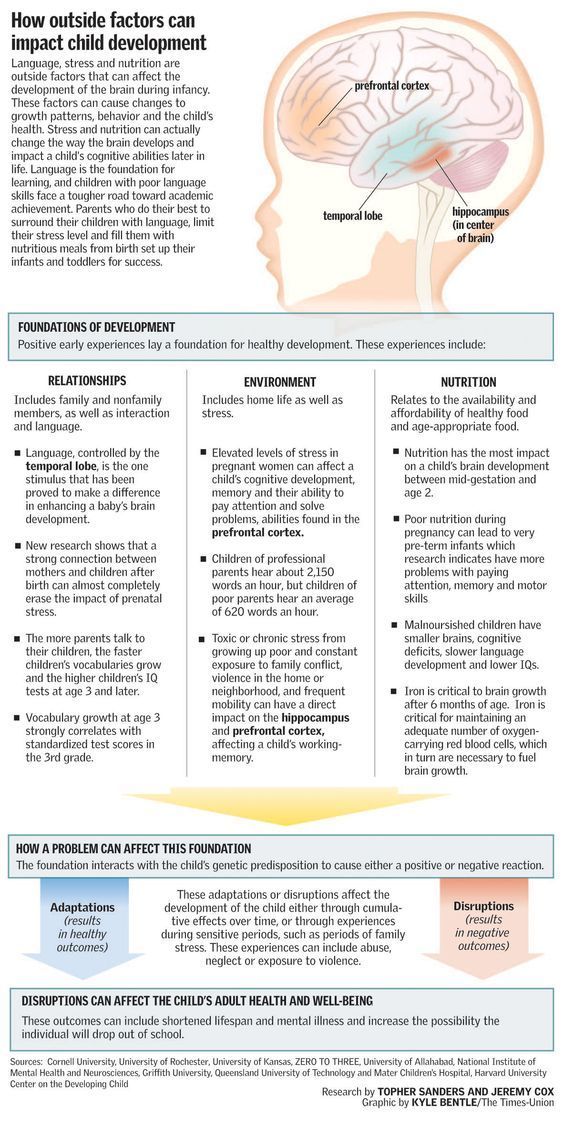
Upbringing is the process of creating the moral and spiritual foundation of a person, built on love for the Motherland, and education is the process of developing mental abilities. The matter concerns completely different aspects of human mental activity. Unfortunately, education (development of mental abilities) does not give a child a moral beginning. Very often there are very educated people, but completely ill-mannered and soulless, and, on the other hand, very simple workers, but very educated in spiritual and moral terms with patriotic views, inner beliefs.
One can draw a line between school education and religious education. Any upbringing divorced from religion - whether it be family or school - pursues temporary everyday goals related to the needs of the family, society or state, the goal of this upbringing is not the person himself and his highest good, but the interests of the state or society. The political situation is not constant, it changes, pedagogical principles change, and children become victims of school experiments. [6 p. 3]
[6 p. 3]
But religious education, always and at all times, is purposefully aimed at the development of spirituality and moral principles of the individual, based on the eternal Divine principles, awareness of one's inalienability, understanding of paternal roots, centuries-old heritage, that good and kind that has accumulated over generations. Christian education is not changes regardless of political or philosophical views, but is based on divine revelation. Therefore, at any time, at all times, in the process of educating the younger generation, one must be guided not by fashion, not by the requirements of the state, but by the word of God. Ages pass, social conditions change, but the nature of the human soul remains the same. Where the main goal of education is the preservation and development of the spirituality and moral principles of the individual, for many years religion has been a very effective external form for the formation of a comprehensive personality.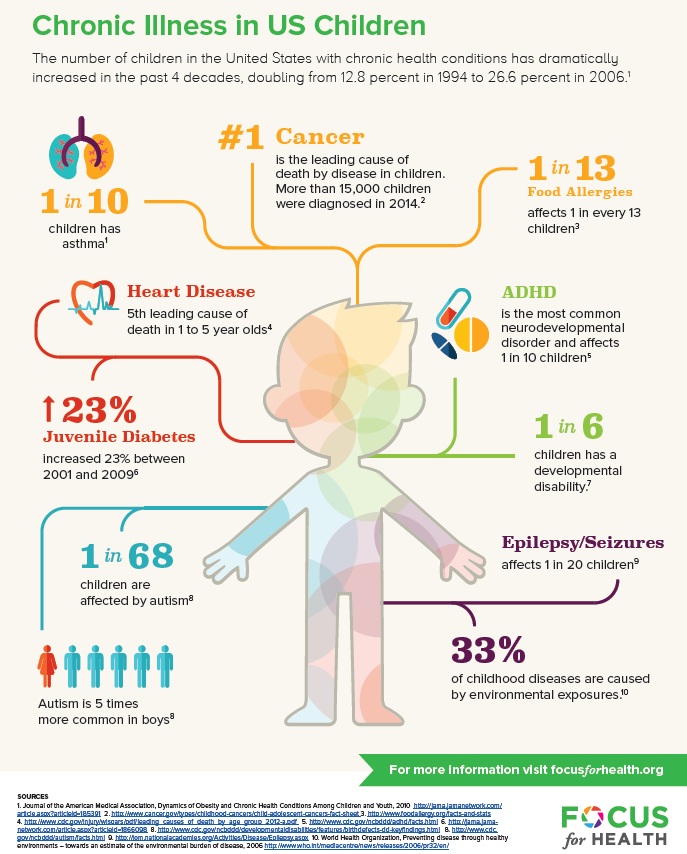 It is accompanied by correct systems that help self-awareness build its own scale of core values, distinguish black from white, right from wrong, good from bad, resist various temptations, and walk the right path through life.
It is accompanied by correct systems that help self-awareness build its own scale of core values, distinguish black from white, right from wrong, good from bad, resist various temptations, and walk the right path through life.
Today, the storehouse of moral values of our country is in the experience and traditions, preserved and living, first of all, in the Orthodox Church. The Church revived, blessed, inspired and made possible: the unification of Russian lands, overcoming slavery and various threats, the formation of a nation, the creation of the highest culture. A healthy, strong and happy family was created on the basis of Christian piety. Russian education was formed around the Orthodox Church. The best military commanders relied on the examples of the saints. To break this delicate connection and undermine the foundation means to commit a crime against the people.
The Church is a unifying force that fills the will of society with moral fullness, allowing to overcome indecision and fear.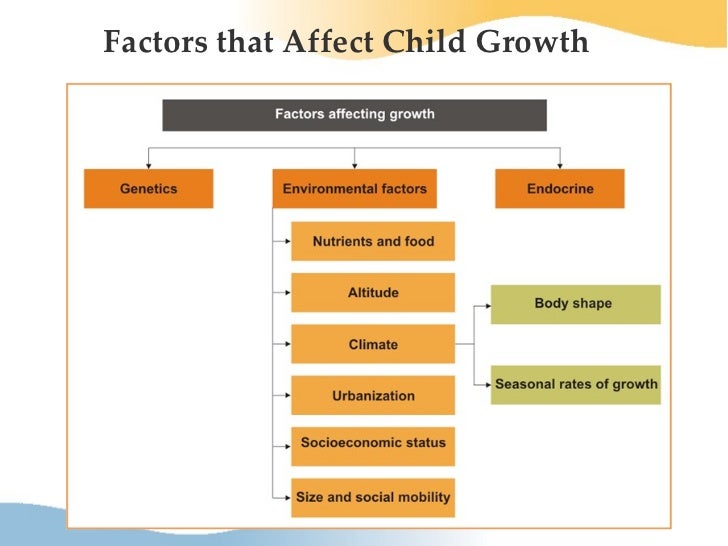 Such an example is a message from the Middle Ages, Alexander Nevsky. There were many heroes in the history of the Russian state. But Alexander Nevsky left a deeper imprint in our hearts. His role in history is priceless. The activities of the noble prince largely determined the historical fate of the Motherland. As a commander, he can rightfully be considered great, since in his entire life he has not lost a single battle, with small forces he defeated the strongest in his actions, he combined military genius with personal courage, guided by the word of God, based on Divine principles, on love for the Motherland.
Such an example is a message from the Middle Ages, Alexander Nevsky. There were many heroes in the history of the Russian state. But Alexander Nevsky left a deeper imprint in our hearts. His role in history is priceless. The activities of the noble prince largely determined the historical fate of the Motherland. As a commander, he can rightfully be considered great, since in his entire life he has not lost a single battle, with small forces he defeated the strongest in his actions, he combined military genius with personal courage, guided by the word of God, based on Divine principles, on love for the Motherland.
Alexander Nevsky in his life, first of all, was based on the highest Christian virtues, including mercy and philanthropy, and not on the thirst for power and self-interest. In that dark era, in his public service and in various political conflicts, Alexander Nevsky remained faithful only Christ.
Conclusion
Religious education, together with patriotic education, presupposes not only the correct (in scientific and ideological terms) assimilation of knowledge about nature, social life, norms of behavior, age-old historical traditions of the state, national ideals, Divine principles, but also necessarily requires the formation of social a directed, personal attitude to the assimilated worldview and moral concepts, the creation on the basis of these concepts of a system of ideological views, values and beliefs, awareness of one's inalienability, centuries-old heritage.